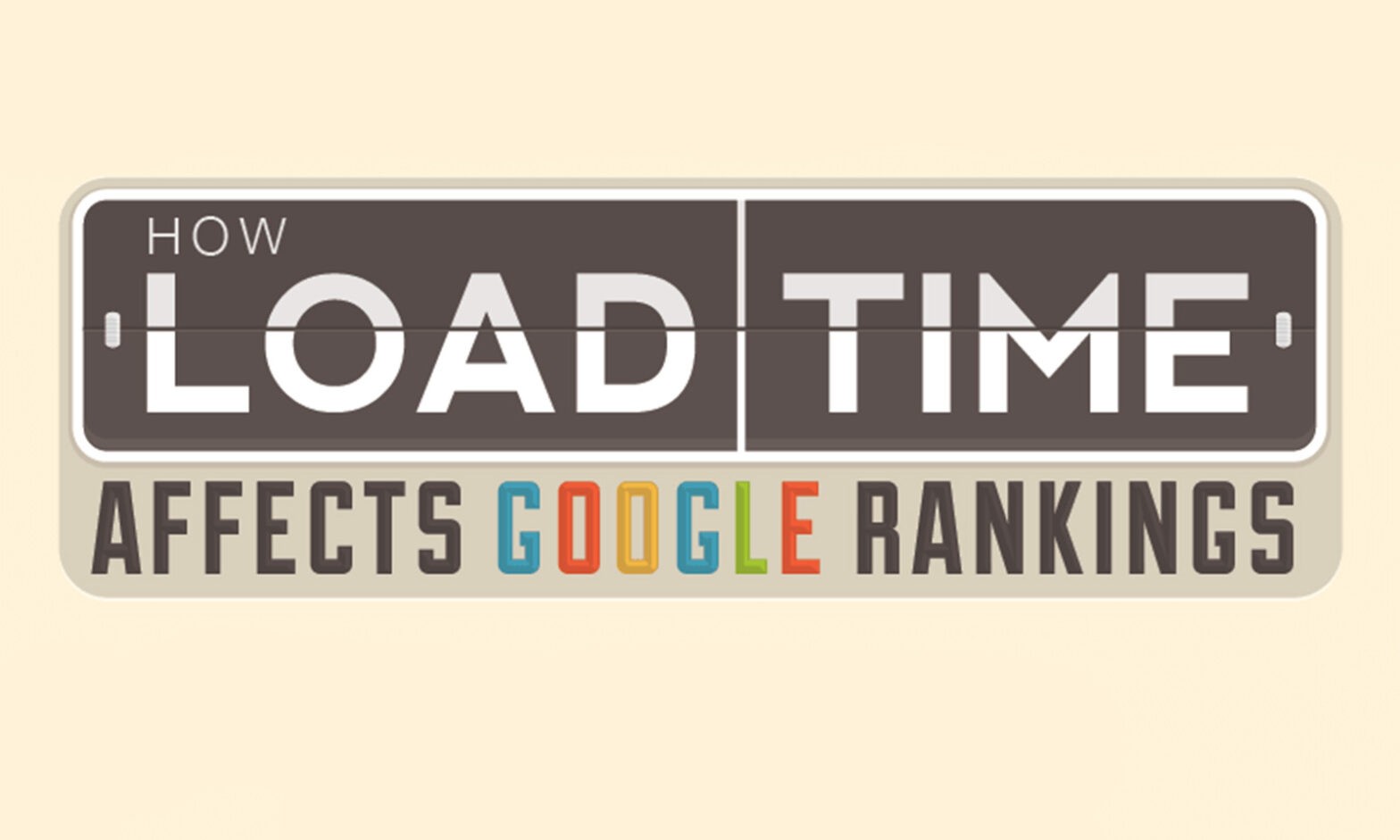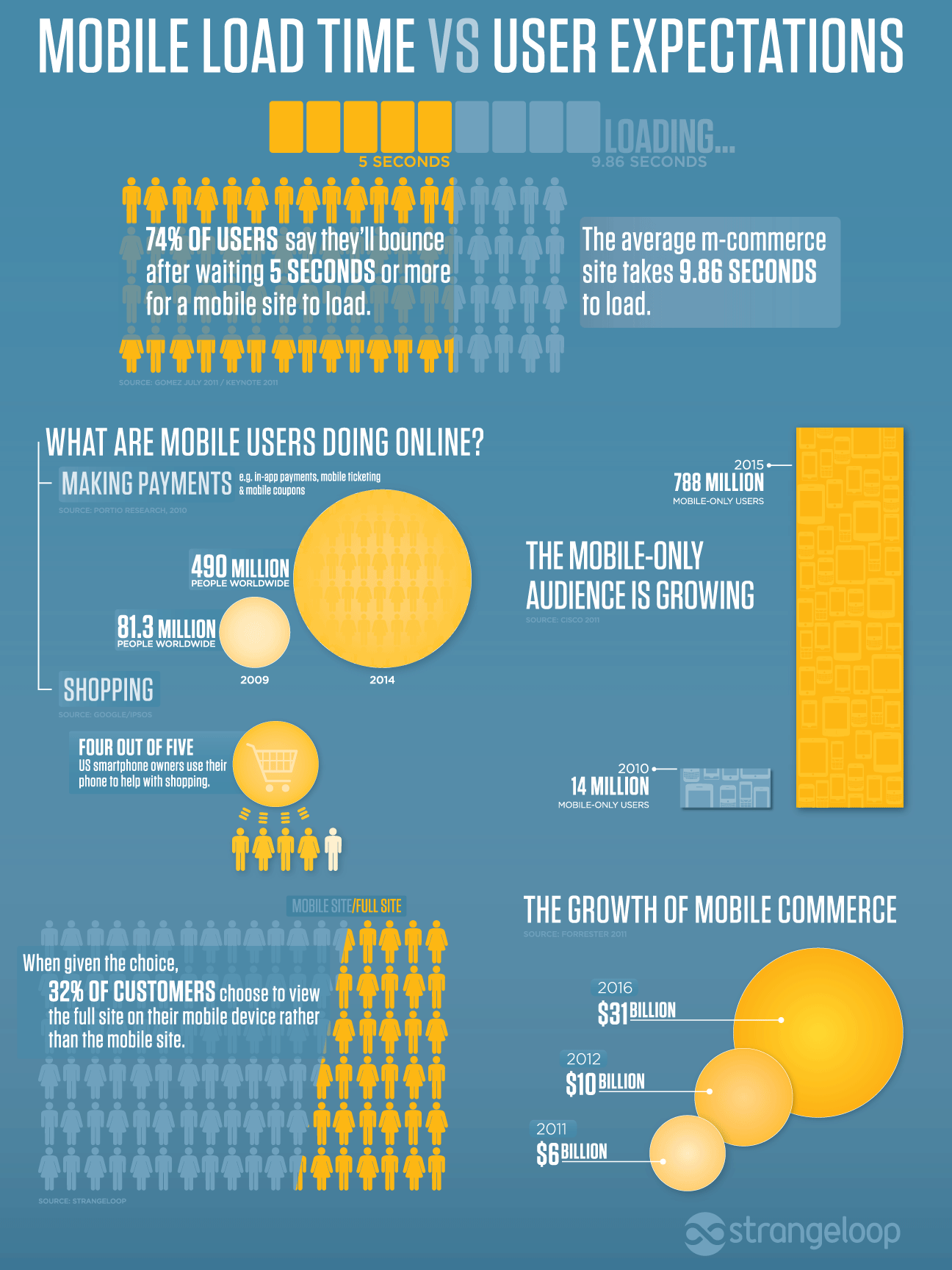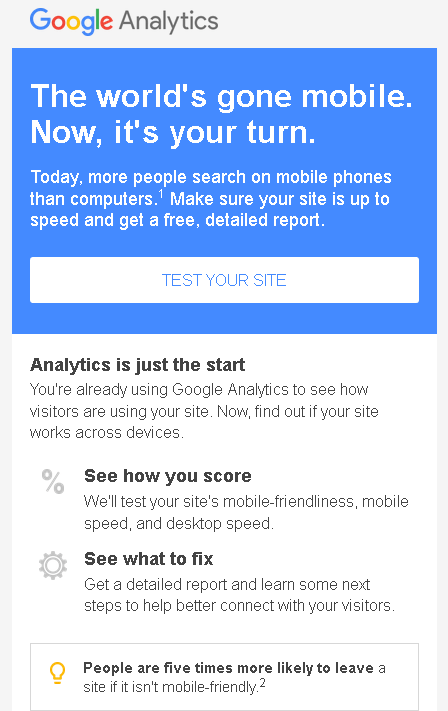Updated: 4 March 2021
Do you suffer from slow load times on your website? Chances are that if you’re reading this article you are! Slower than normal load speed is annoying and it could be costing you valuable traffic.
It’s also a well-known fact that Google considers a web page’s load time as a ranking factor. Because of this, many webmasters and organic SEO specialists use an array of tools to help improve website performance for their clients.
If you have a slow site and want to improve its speed, this article will explain how you can test your site speed, decrease your page load time, and improve your entire website’s performance.
What is Website Page Speed?
Page speed, or page load time, is the time it takes to display all of the content contained within a given page on your website. Page speed is sometimes mistaken for “site speed,” which is a term used to measure the overall speed of a group of a website’s pages as opposed to just one. Site speed is important for improving individual page performance.
It’s important to optimize for both site and page speed for two very important reasons:
- Faster pages rank better in search results
- Pages that load quickly convert better
How to Test Site & Page Speed
Fortunately, there is an array of websites that will test and analyze your website’s speed and many will also offer suggestions on how to fix issues and boost load time.
1. Google PageSpeed Insights
PageSpeed Insights is an easy-to-use tool that helps fix common page speed issues on both mobile and desktop devices. With each suggested issue to address, Google supplies a link to show you how to make the necessary changes to your website.
See also: How to Achieve 100% On Google PageSpead Test Tool
2. WebPageTest
While Google’s tool is great for analyzing individual pages within your website, WebPageTest is a tool that will analyze hundreds of pages and kick back a host of stats, including load time, time to first byte, and document completion time. Check out Moz’s guide on using WebPageTest to better interpret the data the tool provides.
Seven Tips for Decreasing Webpage Load Time
Here are several useful ways to increase your website’s page speed.
1. Compress Your Files
You can use software, such as GNU’s Gzip, to compress HTML, CSS, and JavaScript website files that are larger than 150 bytes. If using WordPress, there are several plugins that have Gzip capabilities. Click here to see all plugins tagged with “gzip” on WordPress.org.
2. Minify HTML, CSS & JavaScript
Scripts and code that make up your webpages can drastically slow down your load time. By using minification for HTML, CSS, and JavaScript, internet browsers will have less work to do to display your content. If using WordPress, W3 Total Cache is a powerful plugin designed to enhance your website performance with caching.
3. Avoid Using Redirects
Redirecting URLs slows down a page’s load time, making visitors wait longer than they should have to for the content they’ve requested. If you have a lot of webpages being redirected on your website, Moz has a great guide on how to optimize your website’s redirects that you should use to clean them up. Some tools to help you identify your current redirects are the Google Chrome extension Redirect Path and this online Redirect Tracker.
4. Use Browser Caching
Browser caching can dramatically decrease your page load time and there are several ways that you can go about setting your cache options. Non-WordPress users can refer to guides like this one from Apache.org and those who are operating their websites with WordPress’ CMS can use the aforementioned W3 Total Cache plugin, which boasts over 1 million active installs.
See also: Beginner’s Guide for WordPress: W3 Total Cache
5. Increase Server Response Time
A slow website can often be attributed to server response time. The more traffic your website gets or, if your site is on a shared server the more traffic all the websites on that server receive will noticeably slow your response time and page load speed. Click here to learn more about server response time and what can be done about it if it’s slow.
Those who try to run WordPress through a GoDaddy hosting account know all too well just how slow the server response time can be. So if this is happening to you, take a moment to read this article from WhatsWP for tips on how to accelerate WordPress load speeds on Godaddy.
6. Utilize a Content Distribution Network
Content Distribution Networks (CDNs) are group servers that store copies of your website and are used to deliver your content quickly through geographically diverse data centers. Learn more about CDNs by visiting CDN Reviews.
7. Optimize Your Images
Large images, like ones taken with your mobile phone, that are published on websites can often be hundreds of megabytes in size. Without using image compression, these pictures can take some serious time to download to your computer – hence dragging out your load time.
As with all of the aforementioned tips for increasing website performance, there are many ways that you can optimize your images. For starters, you can use software like PhotoShop to compress the image size without obviously jeopardizing the integrity of the image quality. WordPress users can try plugins like EWWW Image Optimizer and/or Jetpack, which has a service known as Photon that is capable of image acceleration.
See also: WordPress Plugins You Should be Using On Your Website
Mobile Page Speed Ranking Factor
Google recently announced that they will be using page speed on mobile devices as a ranking factor for all websites in the not-too-distant future. This is something that should be taken seriously by all small business owners and bloggers alike – especially considering the massive, growing shift in mobile usage in recent years. You can read the entire article on this topic from Search Engine Land’s Barry Schwartz here.
If you’re concerned about your website’s mobile performance, there is a new tool from Google available at ThinkwithGoogle.com that will allow you to test how mobile-friendly your site is across mobile and desktop devices.
Conclusion
If your website seems to be running slow for you, there’s a good chance that it’s operating slowly for everyone trying to view it. This can be a serious issue that harms your reputation, annoys would-be visitors, and prevents Google and other search engines from ranking your site favorably in related search results.
If fixing your website speed and load time is a bit overwhelming for you, ask your webmaster or contact an experienced digital marketing firm to make the necessary changes for you. V Digital Services is an industry-leading internet marketing firm that provides website design, organic SEO, and paid advertising options. Call: 888-441-0784 or click here to speak with a representative about your website performance needs.





 CDN, CMS, Content Distribution Networks, CSS, EWWW Image Optimizer, GNU, GoDaddy, google, Gzip, JavaScript, Jetpack, Minify HTML, Mobile Site Speed, Moz, Page Speed Test, Pagespeed, PageSpeed Insights, Photon, PhotoShop, Search Engine Land, Site Speed, Site Speed Test, Test Website Speed, ThinkwithGoogle, V Digital Services, W3 Total Cache, Webmasters, Webpage Load Time, WebPageTest, Website Speed, Website Speed Test, WhatsWP, WordPress
CDN, CMS, Content Distribution Networks, CSS, EWWW Image Optimizer, GNU, GoDaddy, google, Gzip, JavaScript, Jetpack, Minify HTML, Mobile Site Speed, Moz, Page Speed Test, Pagespeed, PageSpeed Insights, Photon, PhotoShop, Search Engine Land, Site Speed, Site Speed Test, Test Website Speed, ThinkwithGoogle, V Digital Services, W3 Total Cache, Webmasters, Webpage Load Time, WebPageTest, Website Speed, Website Speed Test, WhatsWP, WordPress PREVIOUS
PREVIOUS
Great tips.